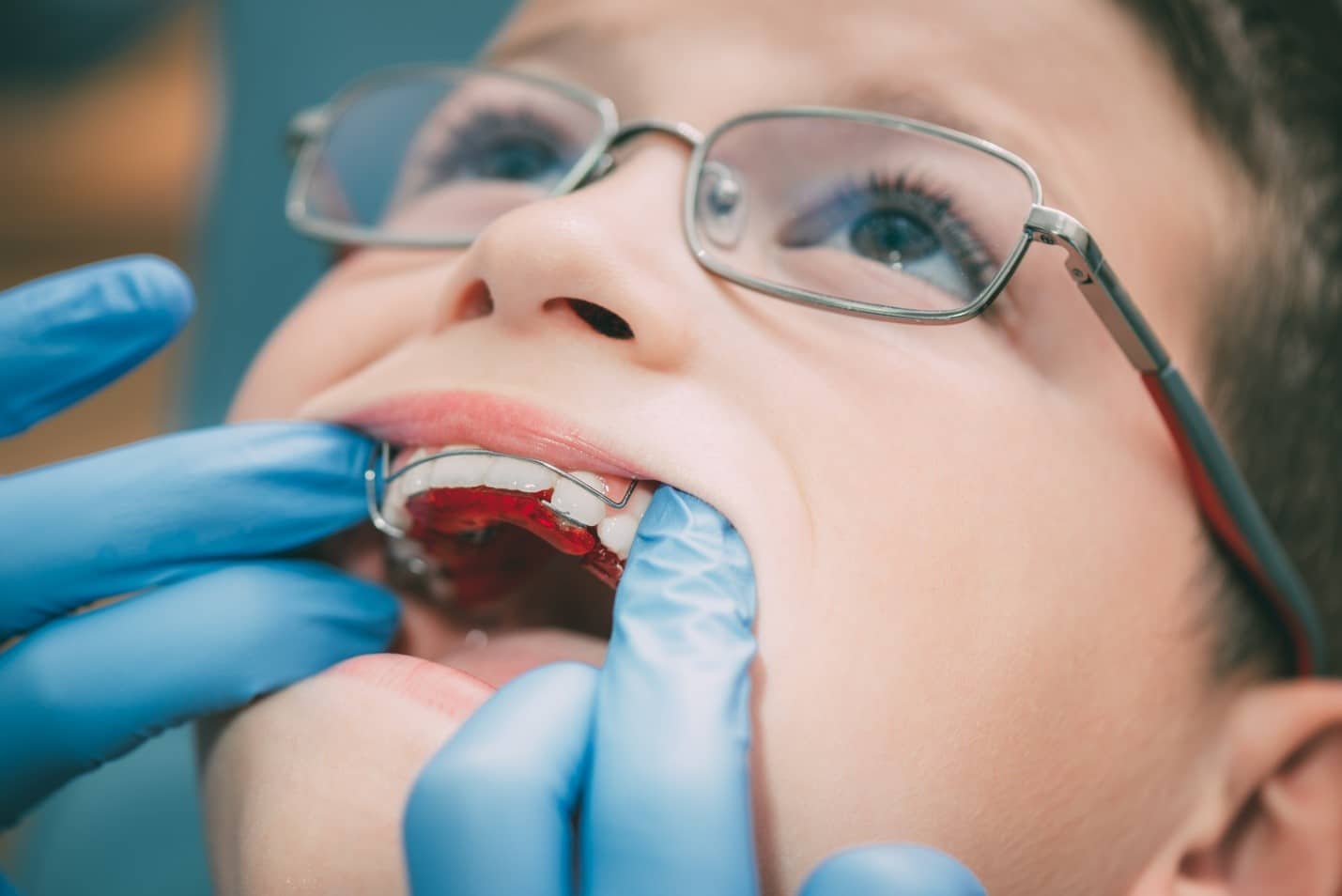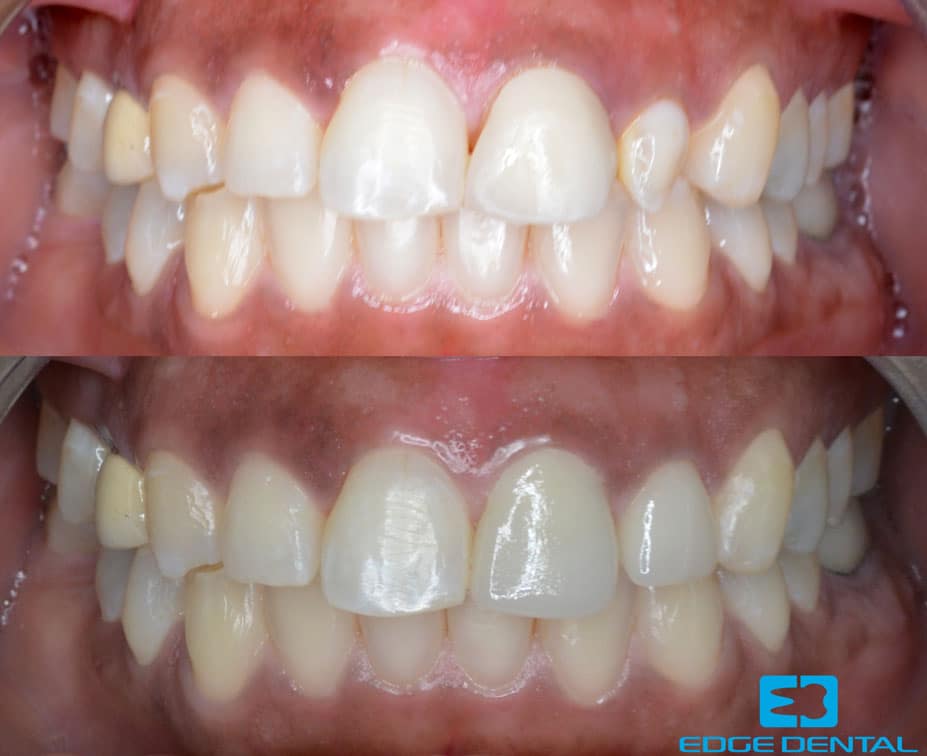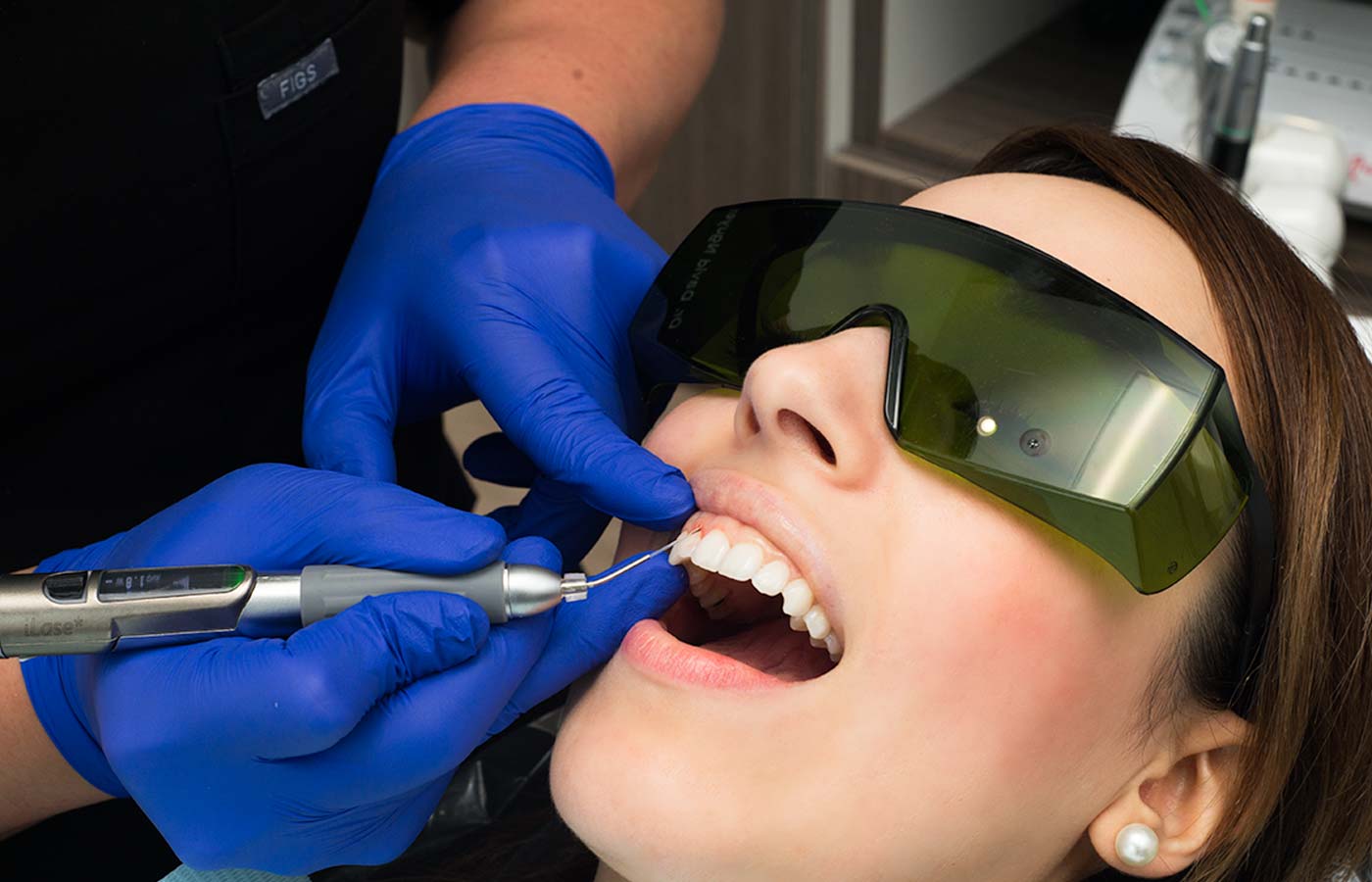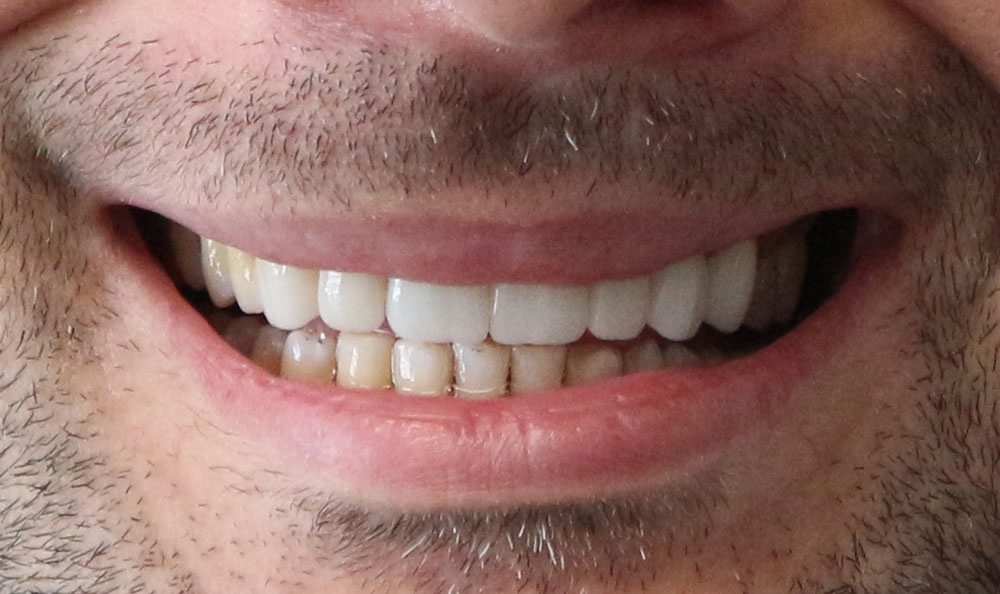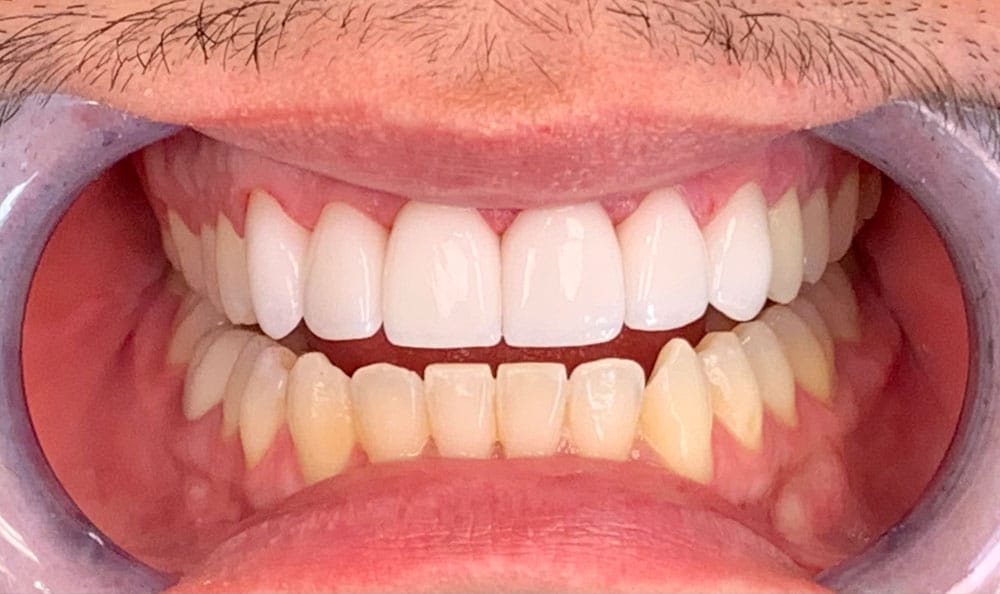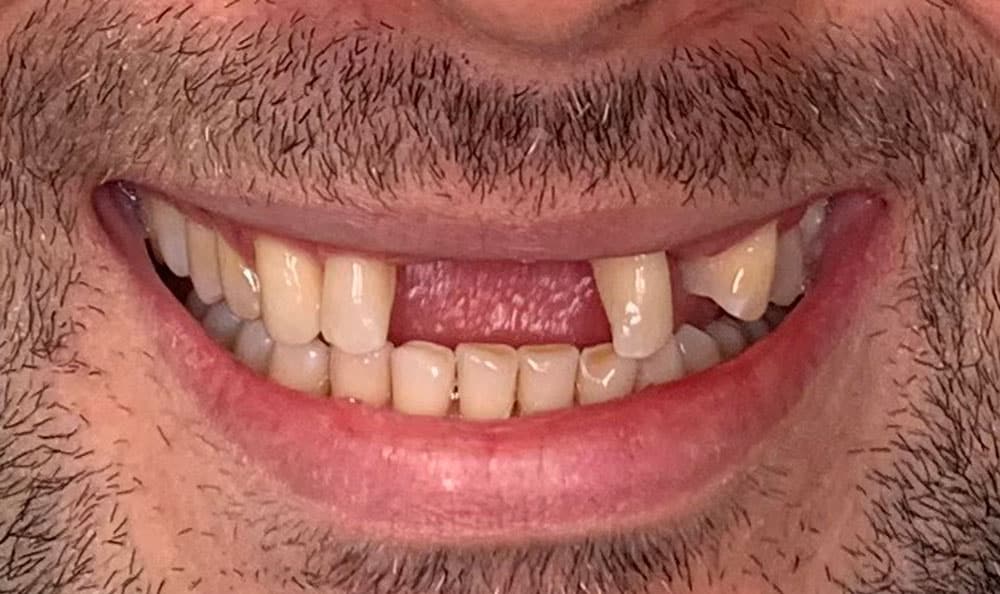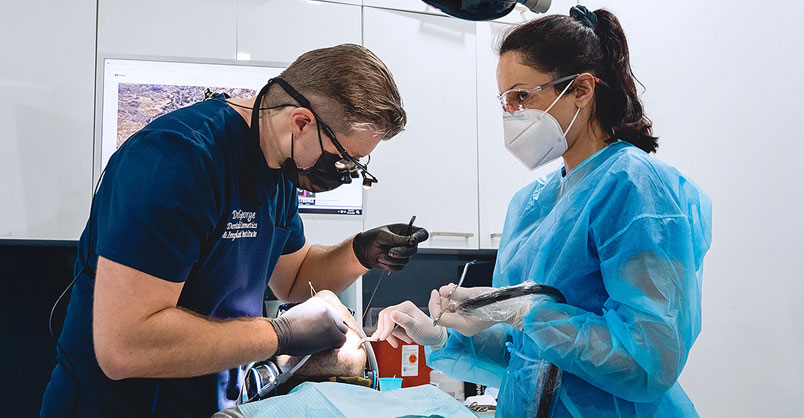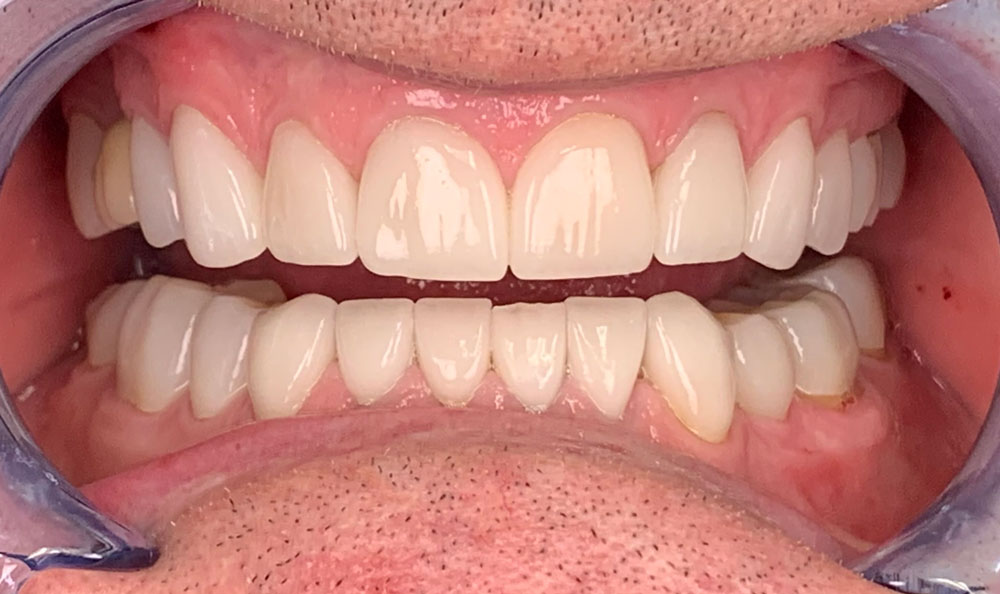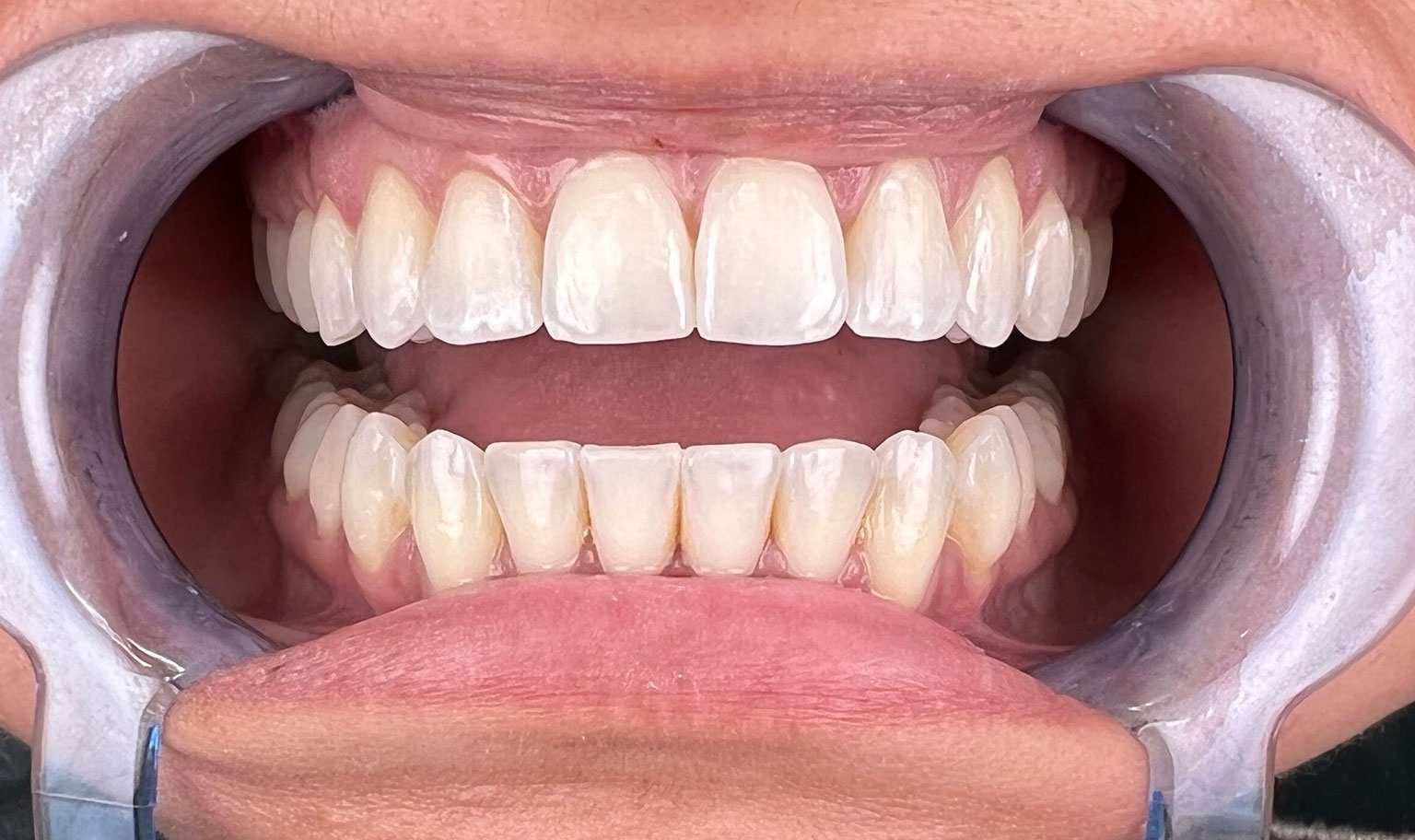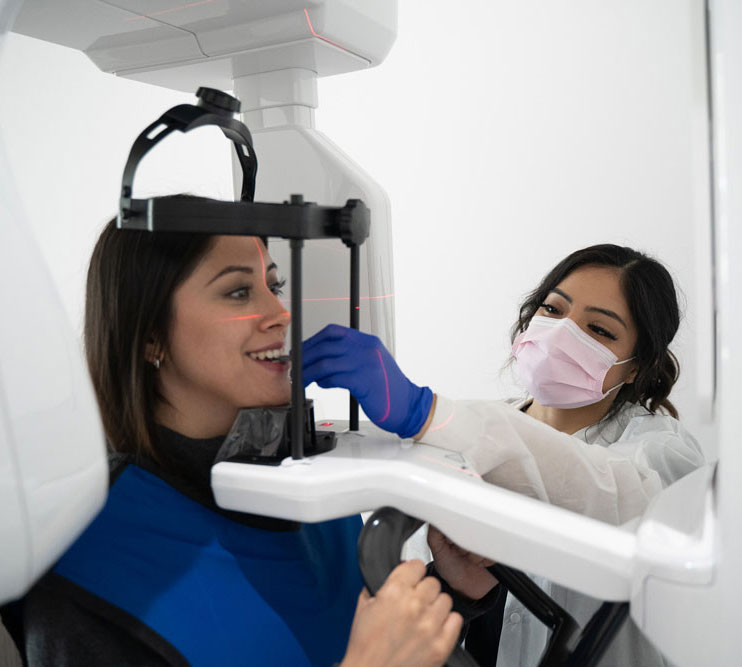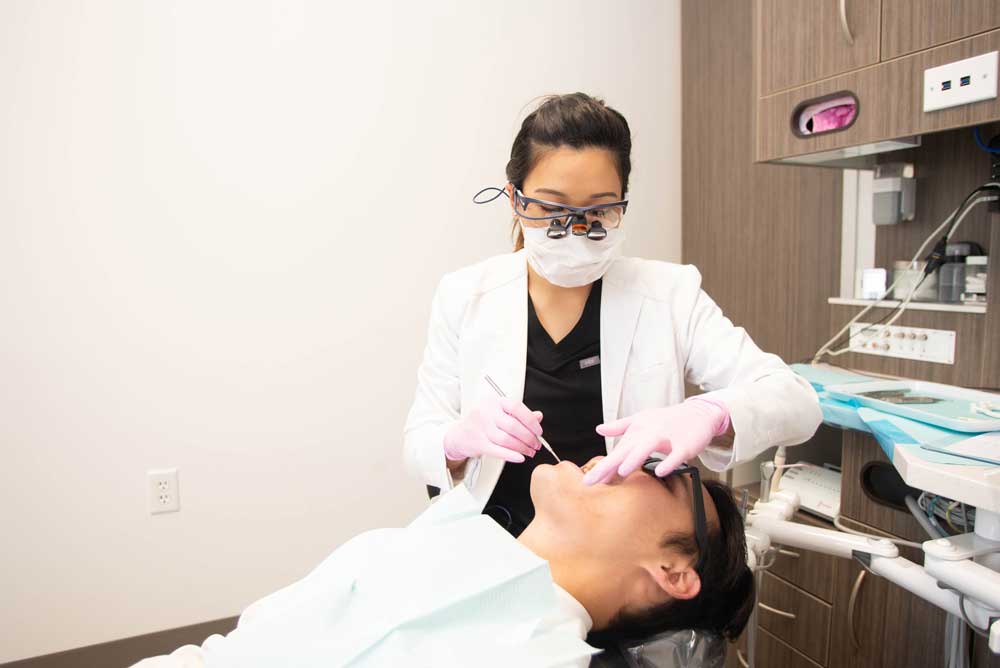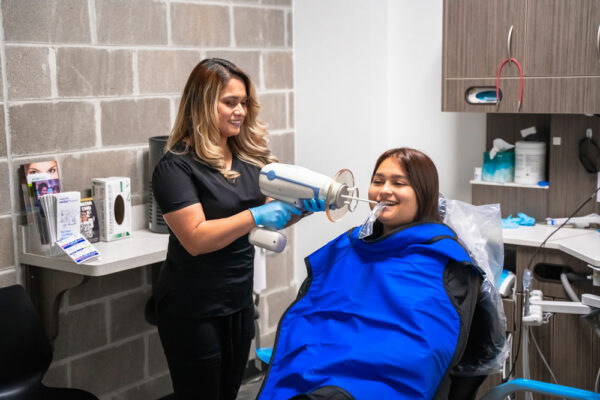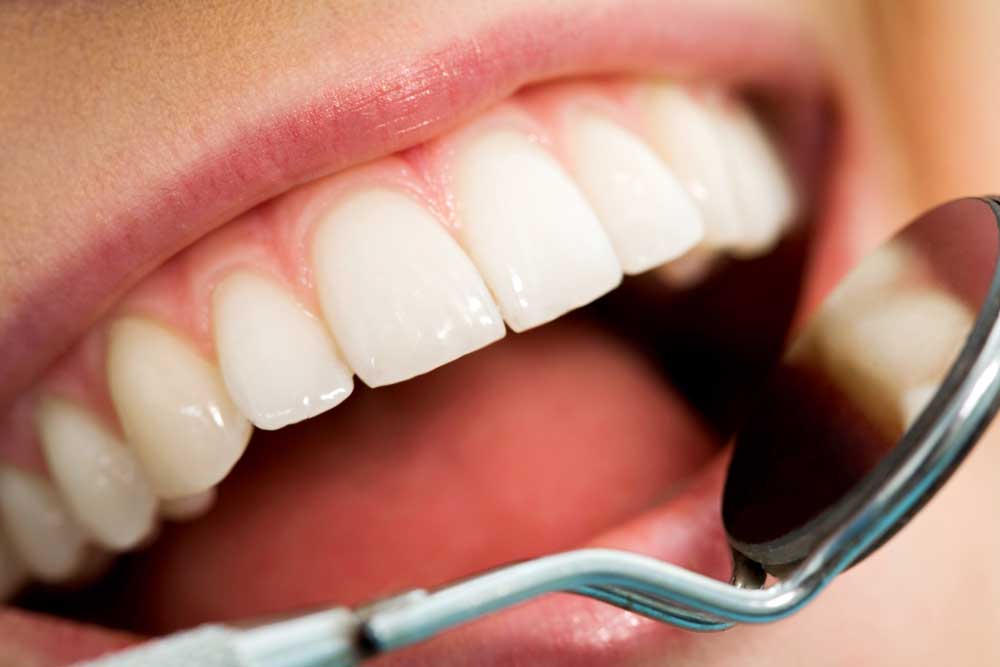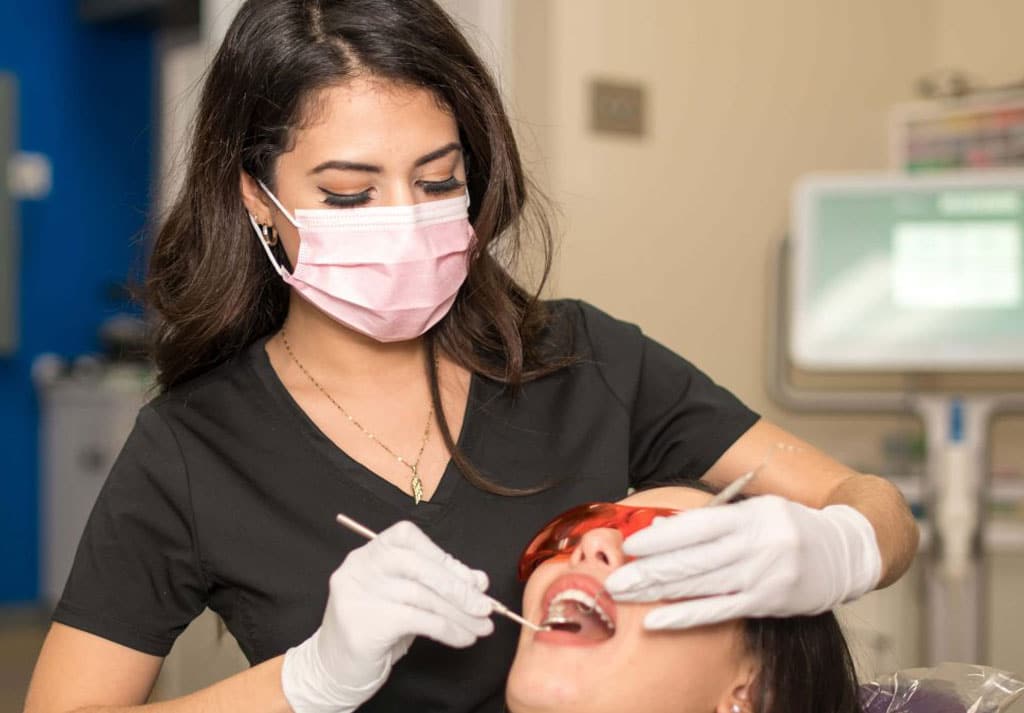In recent years, laser dentistry has emerged as a revolutionary approach to dental care, offering patients a range of benefits including enhanced precision, reduced discomfort, and faster recovery times. By harnessing the power of advanced laser technology, dentists can perform a wide array of dental procedures with greater accuracy and efficiency, ultimately providing patients with a more comfortable and anxiety-free experience.
Understanding the Advantages of Laser Dentistry
Precision and Accuracy
One of the primary advantages of laser dentistry is its unparalleled precision and accuracy. Unlike traditional dental instruments, lasers can target specific areas of the mouth with incredible precision, allowing dentists to remove diseased tissue, reshape gums, and perform other delicate procedures with minimal damage to surrounding tissues. This precision not only ensures better treatment outcomes but also reduces the risk of complications and promotes faster healing.
Minimized Discomfort and Pain
Another significant benefit of laser dentistry is its ability to minimize discomfort and pain during dental procedures. Lasers work by delivering energy in the form of light, which can effectively numb the treatment area and minimize pain sensation. As a result, patients undergoing laser dental treatments often experience less pain and discomfort both during and after the procedure, making it an ideal option for individuals with dental anxiety or sensitivity.
Reduced Need for Anesthesia
Because laser dentistry is inherently less invasive than traditional dental techniques, it often requires less anesthesia or sedation. This is particularly advantageous for patients who are sensitive to anesthesia or prefer to avoid its use altogether. By minimizing the need for anesthesia, laser dentistry near you can streamline the treatment process, reduce recovery times, and allow patients to resume their normal activities more quickly.
Common Applications of Laser Dentistry
Gum Disease Treatment
Laser dentistry has revolutionized the treatment of gum disease, offering a minimally invasive alternative to traditional gum surgery. With lasers, dentists can precisely remove diseased gum tissue, eliminate bacteria, and promote gum tissue regeneration without the need for incisions or sutures. This results in faster healing times, reduced post-operative discomfort, and better overall treatment outcomes for patients with gum disease.
Dental Fillings and Cavities
Laser technology can also be used to remove decayed tooth structure and prepare teeth for fillings. Lasers are highly effective at targeting and removing decayed tissue while preserving healthy tooth structure, resulting in more conservative and aesthetically pleasing restorations. Additionally, lasers can help sterilize the treatment area, reducing the risk of bacterial contamination and improving the longevity of dental fillings.
Teeth Whitening
In addition to therapeutic applications, lasers are also used in cosmetic dentistry for teeth whitening procedures. Laser teeth whitening involves the use of a specialized dental laser to activate a bleaching agent applied to the teeth, resulting in a brighter and more radiant smile. Laser teeth whitening is a quick and effective way to achieve dramatic results with minimal sensitivity and discomfort.
In conclusion, laser dentistry offers a wealth of benefits for patients seeking comfortable, precise, and minimally invasive dental care. From treating gum disease and cavities to enhancing the appearance of the smile through teeth whitening, lasers have revolutionized the field of dentistry, providing patients with anxiety-free care and superior treatment outcomes. If you're looking for a dental experience that prioritizes your comfort and convenience, consider scheduling an appointment with a laser dentist in Okotoks to experience the benefits firsthand.

